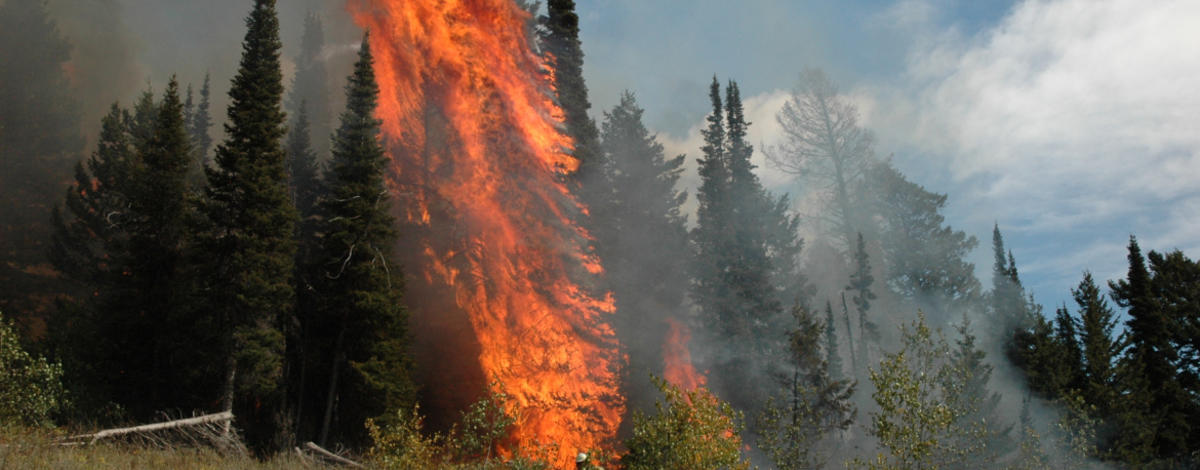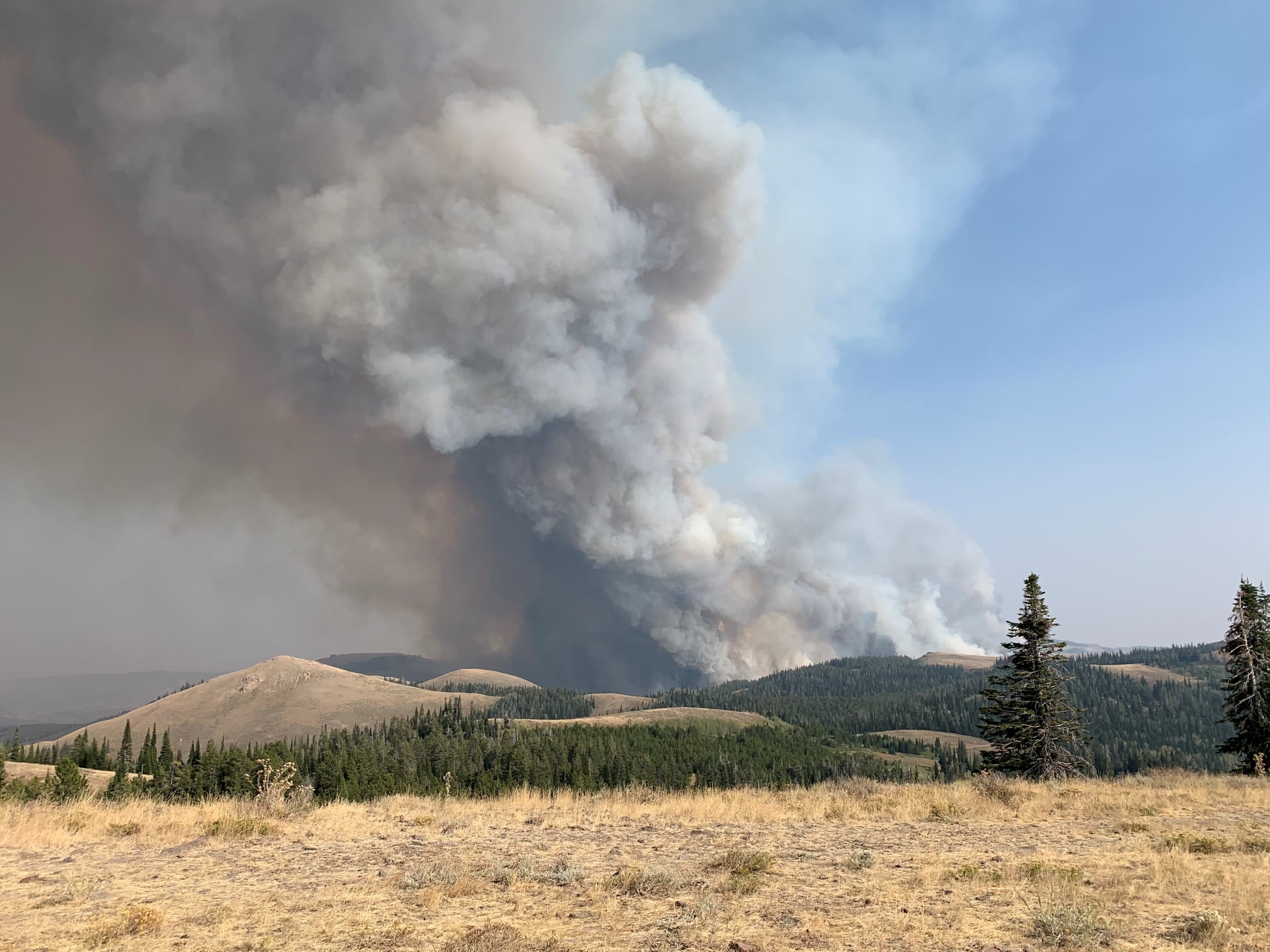Idaho Fish and Game advises hunters heading into the backcountry this hunting season to check with Forest Service ranger district offices or county sheriffs’ offices for fire closures in their hunt areas. General fire information can be found online.
Hunters can also find the location of fires in relation to hunting units on the Hunt Planner map page.
To display fire information on the Hunt Planner map:
- Click "Turn Layers On/Off”
- From the drop-down menu, select "Wildfires & Closure Related Layers"
- Check the box for “USA Wildfire Incidents Acres.”
Fish and Game generally doesn’t close hunts or change seasons in response to temporary fire closures. Most fires do not affect an entire hunt unit, elk zone, or controlled hunt unit for the duration of the hunt. Hunters have the option of hunting a different portion of the hunt area that is not affected by fires, or hunt later in the season when the fire is out and restrictions are lifted.


